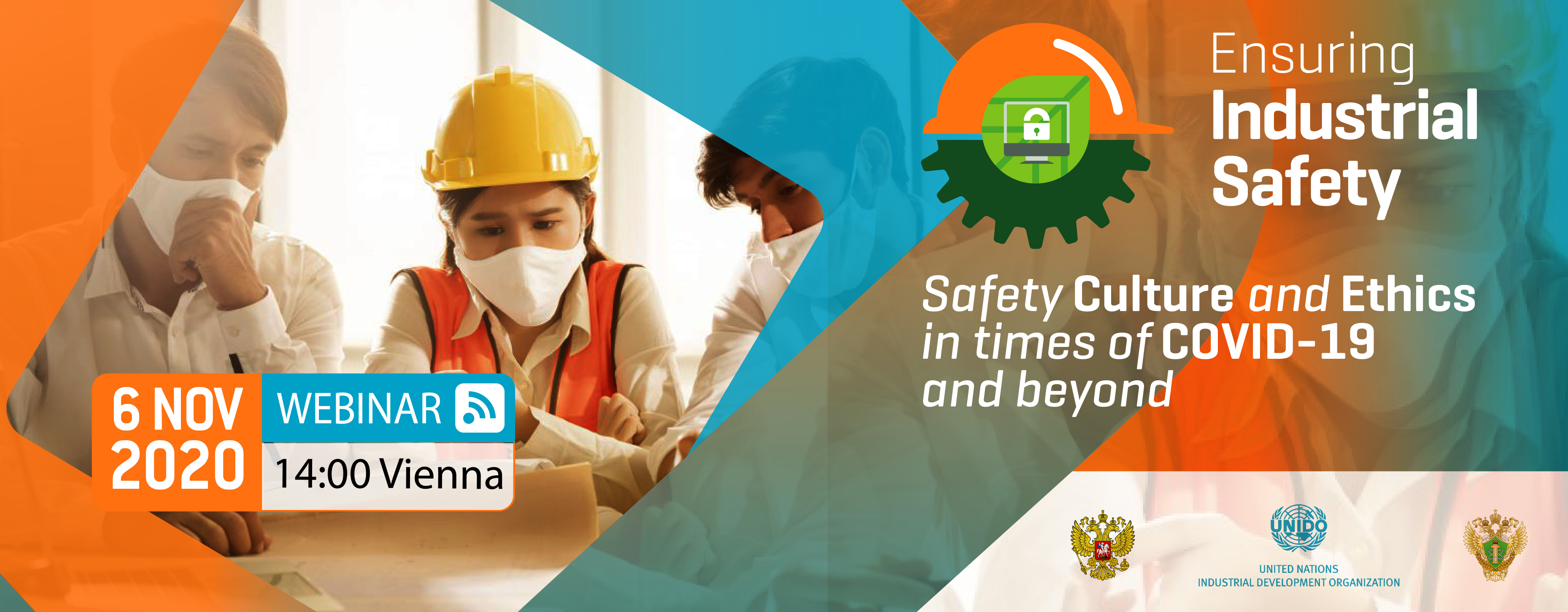Embracing a positive Health, Safety and wellbeing culture is essential for safe and efficient manufacturing, as well as achieving inclusive and sustainable development and build a resilient future. The impact of COVID-19 and accelerated digitalization had on industrial safety is profound and enables new approaches. Now is the time to seek out where incremental or significant changes are needed. Regaining trust of employees to return to their workplaces will require the development of a positive culture as part of this safety discussion and requires deep thought about relationships with stakeholders, commercial pressures and which behaviours are rewarded organizationally. The technological changes and additional safety precautions in manufacturing to ensure business continuity even during lockdowns, or adapting to the new normal is an additional challenge for any company. However, as culture is driven by people, attitudes and behaviours therefore developing a positive culture starts with the people at the top. This starts with trust and setting and aligning the right strategy, goals, and incentives which contribute to a positive culture and not undermine it (consciously or unconsciously). Covering the core elements of a positive culture and how it influences organizational resilience and aspects such as:
∙ Management commitment and visibility
∙ Trust
∙ Communication and consultation
∙ Productivity versus health, safety and wellbeing
∙ Ethical issues
Moderation: Kate Field, BSI
Speakers: John Marshall, WEDF; Kayode Fowode, IOSH; Caroline PIke, IAEA; Lelia Rousselet, OECD NEA
Webinar "Safety Culture and Ethics" as part of UNIDO webinar series "Ensuring Industrial Safety and Security in times of COVID-19 and beyond"
Virtual

